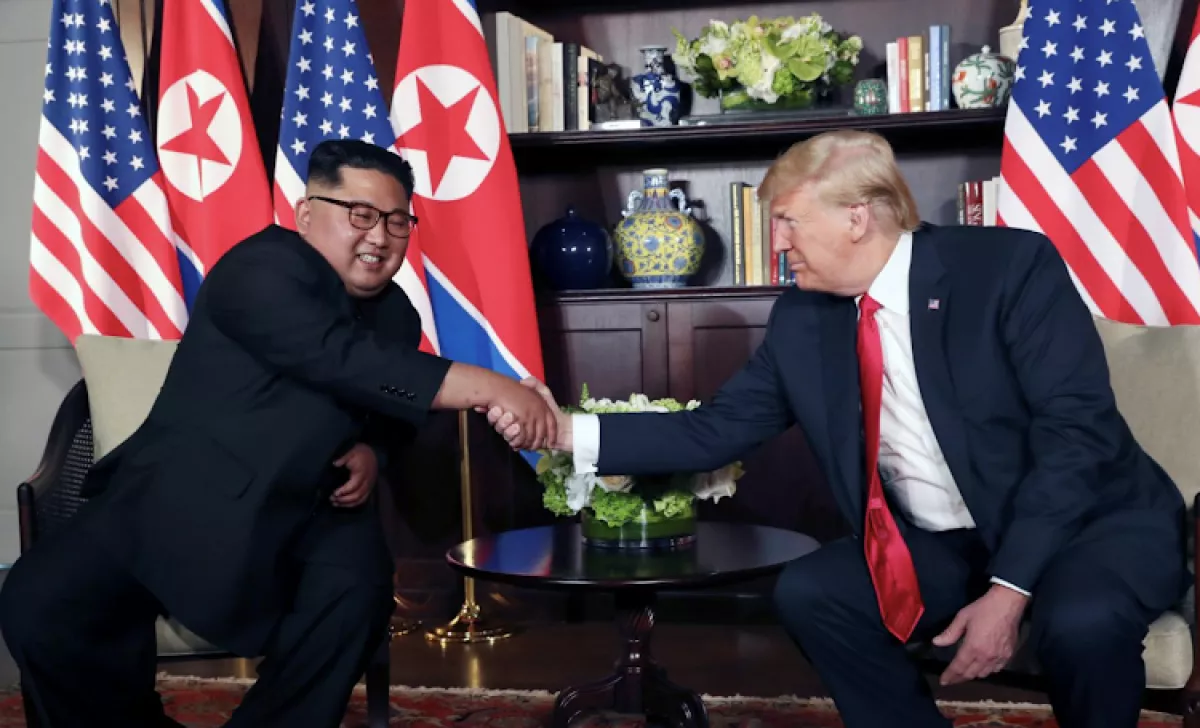How US-Cuban relations could change under first Latino FM
The United States is poised to see its first Latino-American Secretary of State in 2025, as President-elect Donald Trump has nominated Florida Senator Marco Rubio for the position. Despite his Cuban heritage, Rubio’s reputation as a staunch opponent of Cuba’s socialist government suggests that his appointment is far from being a guarantee for improving U.S.-Cuban relations.
Following Trump’s pick for the top diplomat position, several media outlets have described Rubio as “Cuba’s worst nightmare.” As The Conversation recalls, Rubio has consistently opposed loosening U.S. trade embargoes or travel restrictions on Cuba. He was an outspoken opponent of President Barack Obama’s 2014 policy to restore formal diplomatic relations with Cuba, which included easing travel restrictions, removing Cuba from the State Department’s list of state sponsors of terrorism, and facilitating remittances to Cuban families.
Following the overthrow of the U.S.-backed dictator Fulgencio Batista in 1959, Fidel Castro nationalized American-owned properties and aligned Cuba with the Soviet Union. He positioned the island as a strategic adversary to the United States and fueled even more tensions by supporting leftist revolutions across Latin America and Africa, directly challenging U.S. global influence.
A long-time critic of Havana’s regime, Rubio’s family emigrated from Cuba before Fidel Castro’s 1959 revolution. Following Castro's policy decisions that Washington deemed provocative, successive U.S. administrations imposed strict trade embargoes and heavily restricted travel to Cuba for American citizens, policies that have persisted since the 1960s.
Under Trump’s first administration, many of Obama’s policies toward Cuba were reversed. The embassy in Havana scaled back operations, visa processing for Cubans was halted, and Cuba was relisted as a state sponsor of terrorism. However, Trump stopped short of severing diplomatic relations entirely. Despite strong anti-Havana rhetoric, Trump’s Cuba policy was driven more by domestic political considerations, including the preferences of his Cuban American base, than by strategic priorities.
President Joe Biden, in contrast, made modest adjustments to Cuba policy, such as easing restrictions on remittances and resuming visa processing at the U.S. embassy. Yet, Biden left the trade embargo intact. With Trump returning to power, it is likely that these changes will be rolled back, including potentially reducing embassy operations and eliminating the humanitarian parole program that has allowed over 100,000 Cubans to legally enter the U.S.
While Rubio’s nomination signals a return to a tougher stance on Cuba, there are limitations to how far Trump’s administration might go. Many Cuban Americans, even those who support the embargo, value the ability to send money to their families and visit relatives in Cuba. Additionally, the humanitarian parole program enjoys significant support within the Cuban American community, creating potential political risks for ending it.

Beyond domestic factors, global geopolitics could influence U.S.-Cuba relations. Russia has strengthened ties with Cuba, investing in infrastructure and reopening Cold War-era bases, which may draw attention in Washington. However, Trump’s admiration for Russian President Vladimir Putin could temper U.S. opposition to Moscow’s activities in Cuba. China’s increasing involvement in Cuba and Latin America is another factor. Beijing’s investments and efforts to establish bases in the region may be viewed as a greater strategic threat than Russia’s actions, potentially shaping U.S. policy.
Trump’s past willingness to engage with adversaries like North Korea’s Kim Jong Un, whom he met three times during his first term, underscores his unpredictability. Considering that Trump is embarking on his second presidential term, meaning he will never again be able to run for the office, he may be less invested into appeasing Cuban Americans and may instead look to secure a legacy for himself abroad by following another high-profile diplomatic initiative like he did with Pyongyang.
By Nazrin Sadigova








